
Environment
Decarbonising transport for our health
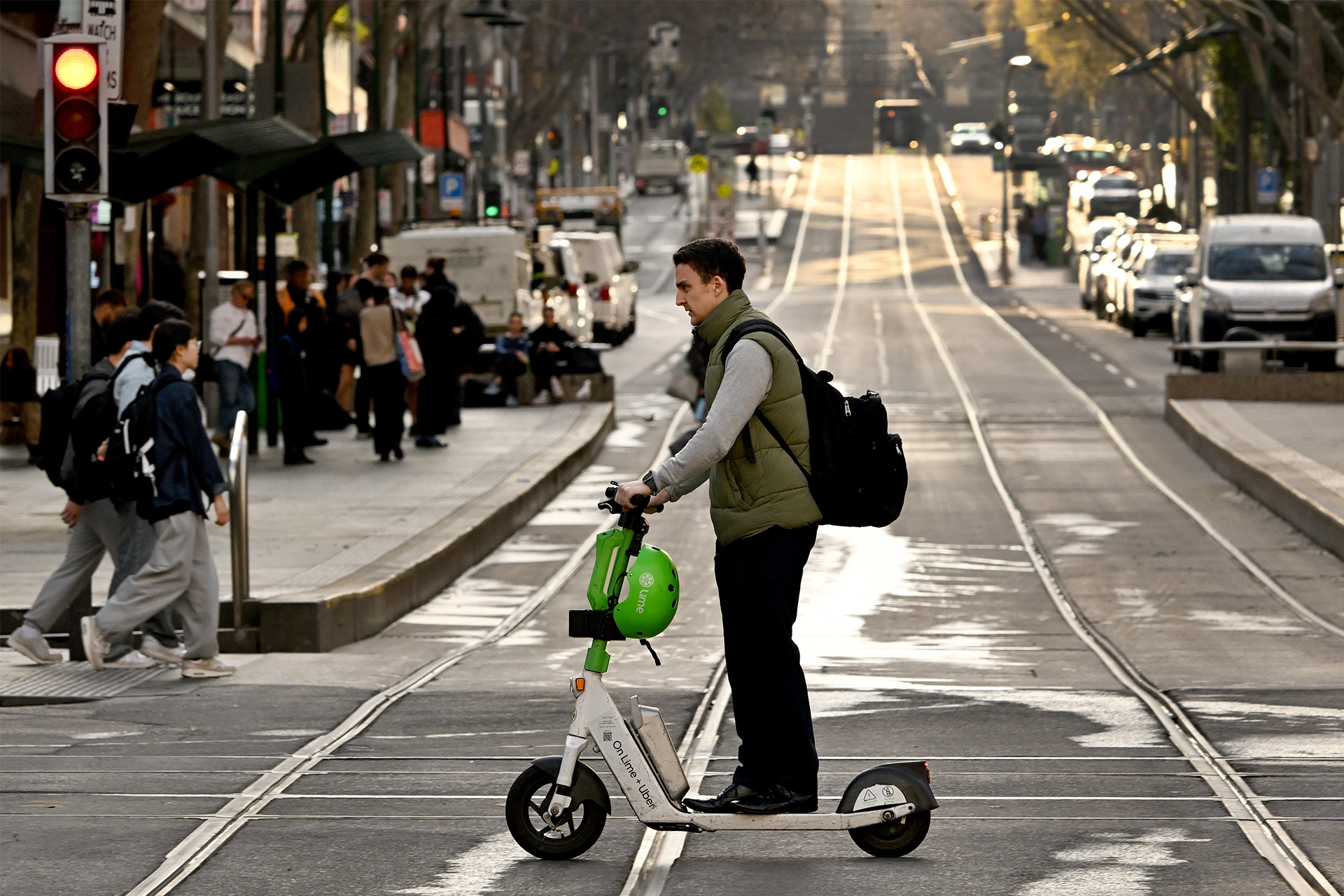
Banning shared e-scooters in Melbourne could hinder the growth of circular business models across Australia
Published 20 September 2024
Over the last couple of years, e-scooters have become a staple throughout Melbourne’s CBD, with the rent-and-ride model offering many Victorians a convenient, accessible and environmentally friendly alternative to cars or other modes of transport.
But their rise in popularity has also sparked concerns about their safety and misuse, leading to Melbourne City Council’s recent decision to scrap shared e-scooters from the city altogether.
Shared e-scooters are a prime example of what’s known as the ‘Product Service System’ model (PSS).
Under this model, consumers pay for access to a product and its services instead of owning it outright.
PSS models are one of the five circular business models essential in the circular economy transition, as identified by the Australian Circular Economy Hub.
Melbourne’s ban is an important reminder that in order for emerging circular business models to be successful and sustainable, fundamental needs of customers and the community – like, in this case, safety – must be prioritised.
So what does the ban tell us about the viability of circular business models in Australia, and could it ultimately hinder the country’s transition to a circular economy?
In 2020, the Victorian State Government launched a circular economy plan to transform its waste and recycling system, improving how we use and reuse resources as well as how we manage the waste that can’t be recycled.
The plan also reinforces the central role of Victorian businesses in this transition, encouraging business owners to adopt PSS models where consumers pay to use a product, while businesses take responsibility for maintenance and end-of-life management.

Environment
Decarbonising transport for our health
The City of Melbourne is pioneering work in this area, launching the Kensington Circular Economy Precinct earlier this year to incentivise businesses willing to implement circular economy solutions.
Despite these developments, Melbourne’s ban on e-scooter hire could set a precedent that extends beyond the transportation sector, potentially impacting the adoption of circular business models more broadly.
E-scooter hire was first introduced in Victoria in 2022, when the state partnered with Lime and Neuron Mobility. Following a two-year trial, the Victorian government permanently legalised shared e-scooter hire across the state.
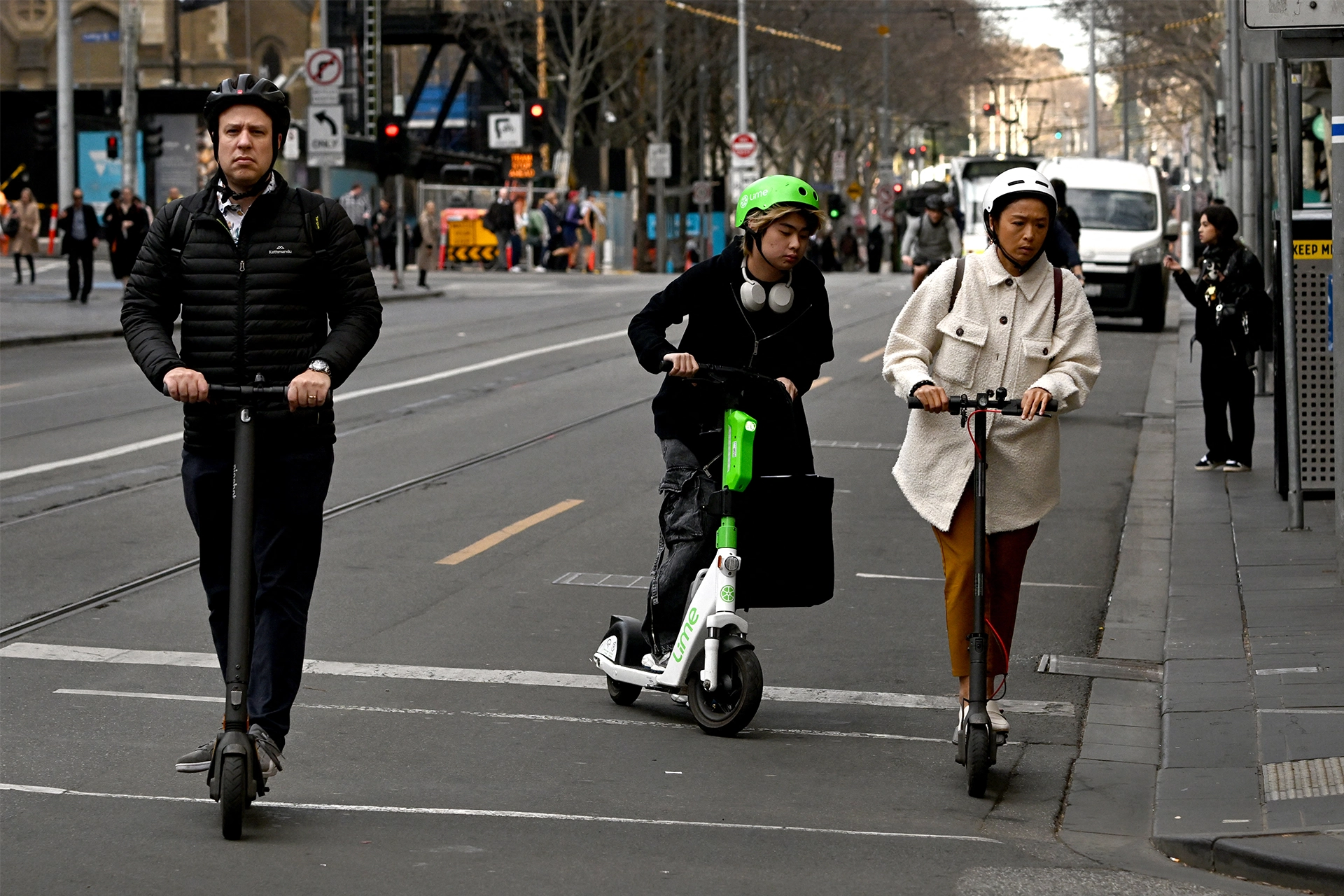
Neuron Mobility became Australia’s leading provider of rental e-scooters, and later announced a range of new safety features including helmet locks, data sharing and geofencing technology (which creates a virtual geographical boundary) to help councils control where e-scooters can be ridden.
Lime e-scooters were rolled out in major cities across Australia and New Zealand, providing over 15 million trips to date across the two countries.
Interestingly, Lime’s e-scooters and e-bikes have travelled more than 25 million kilometres across both countries – that’s like riding the distance from Melbourne to London almost 1500 times.
Although the Victorian Government initially extended its shared e-scooter trial by six months, the City of Melbourne opted to terminate contracts with shared e-scooter providers early, citing ongoing safety concerns.
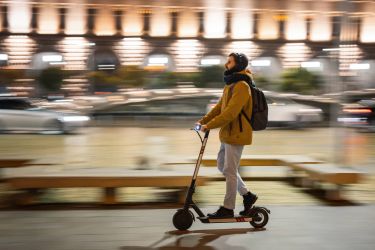
There’s a similar story in Queensland. The Sunshine Coast Council also recently cancelled its trial, following the examples of Melbourne, Paris and a number of other cities around the world.
That said, several councils in Victoria’s inner north are pushing to roll out their own rental schemes, despite the Melbourne ban.
Access to shared e-scooters promotes more efficient use of resources by reducing the amount of time a product would otherwise spend idle – a common issue in private ownership.
It also significantly reduces the demand for individual e-scooters, in turn reducing the consumption and extraction of virgin (unprocessed) materials which moves us away from the traditional ‘take-make-dispose’ cycle of production.
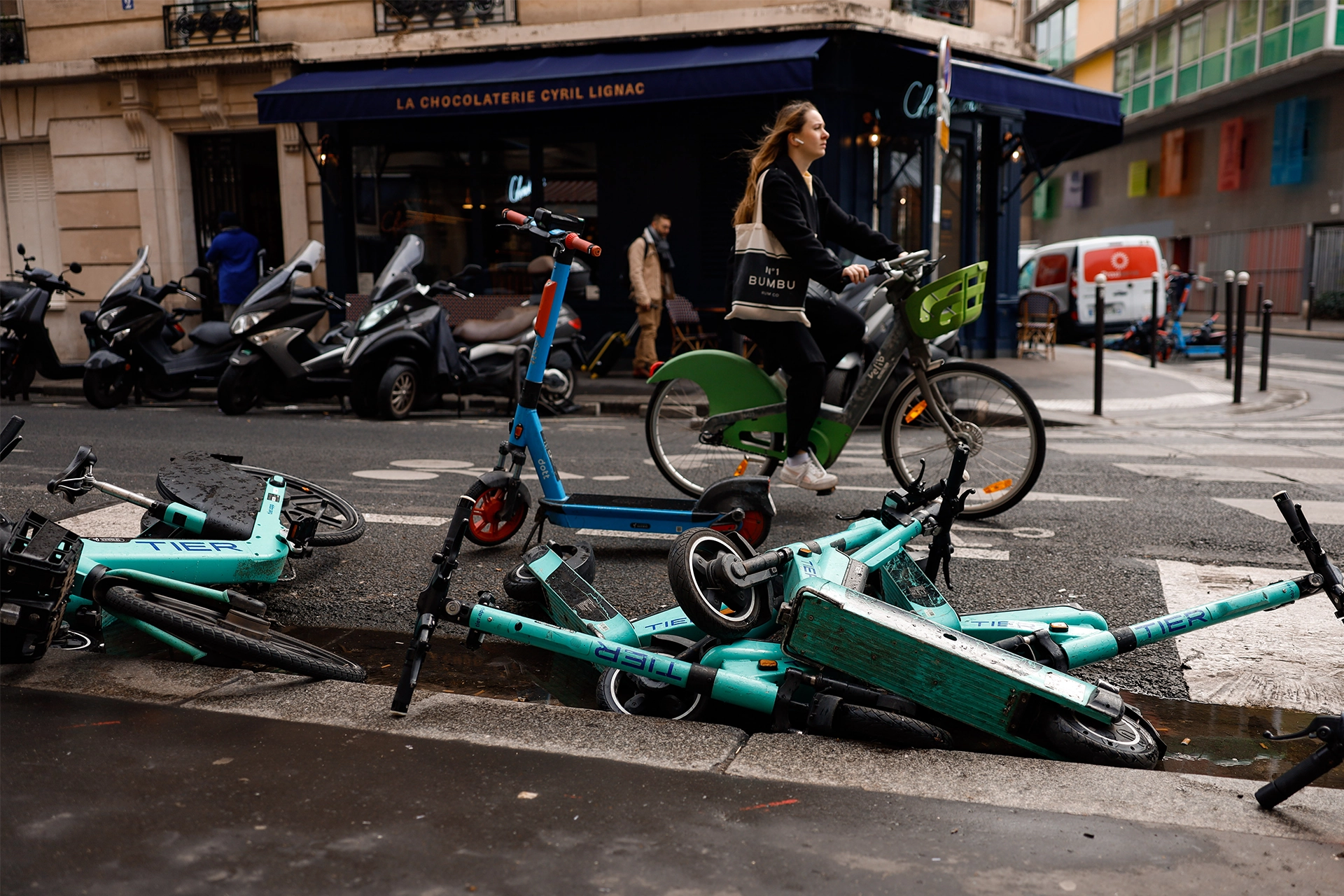
Product pooling, where products are shared by multiple users, can reduce environmental impacts by up to 50 per cent.
But despite its ambitions and advantages, PSS models don’t always achieve the desired environmental benefits.
Research suggests that the lack of ownership in PSS models may lead users to handle products with less care and increase the likelihood of vandalism. This can lead to the product having a shorter lifespan, meaning higher material and manufacturing demands.
The success of circular business models, including shared e-scooters, relies on understanding the value proposition they provide to the public, as well as how the model will work in practice.

Politics & Society
Is Melbourne really a 24-hour city if public transport stops?
For shared e-scooter businesses, their value proposition lies in offering an innovative transport alternative that’s low cost, low emissions and that’s accessible to people living in cities.
The decision to ban them results from a critical misalignment between their value proposition and essential customer needs – in this case, the safety of users and the general public.
In major cities like Melbourne, shared e-scooter services offer enormous potential to promote the sharing of resources and improve urban mobility.
But their journey to successful implementation requires collaboration and careful consideration of the interests and needs of customers and councils alike.
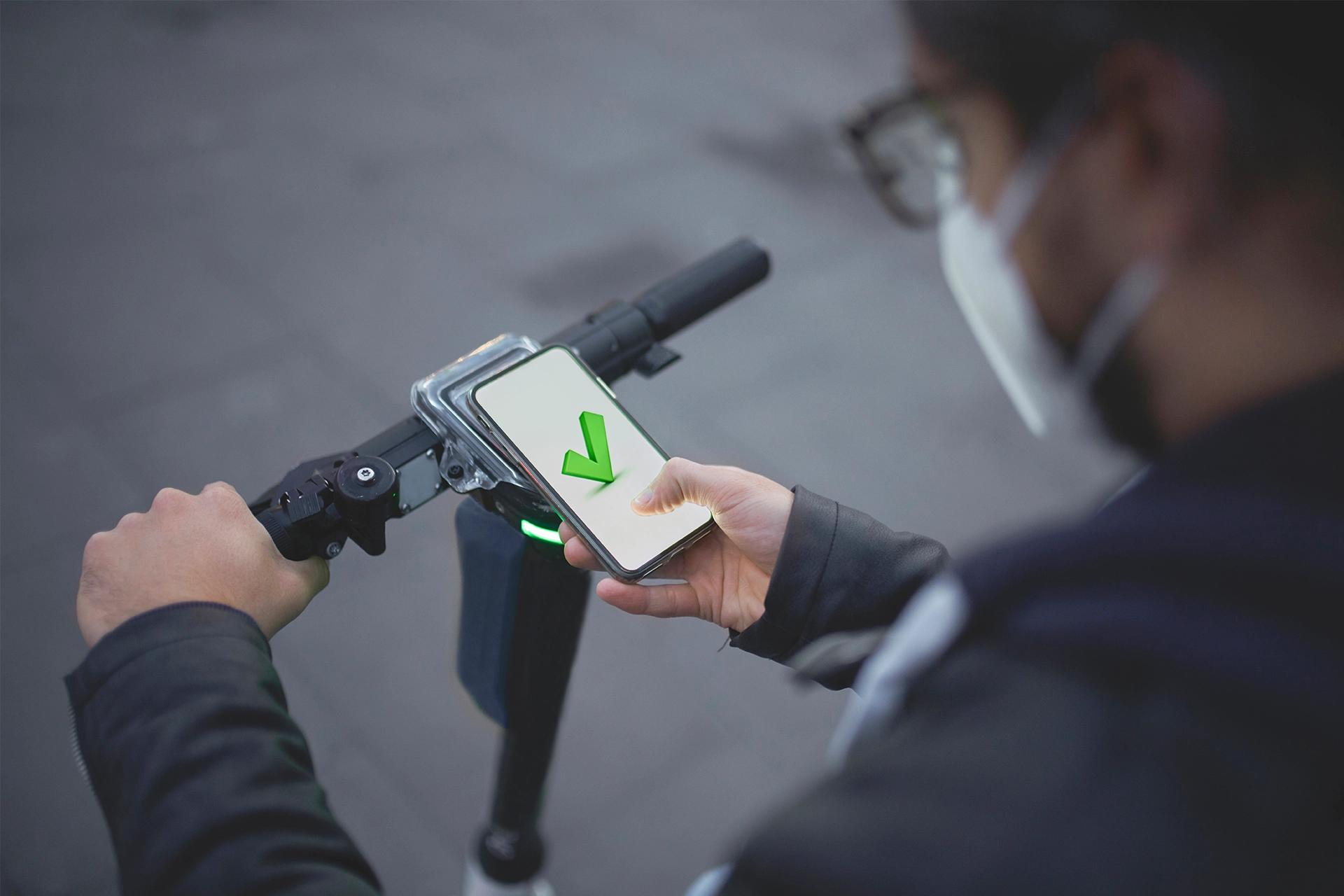
As an alternative to banning, city councils could take practical steps to help regulate e-scooter use, like creating designated parking zones and setting stricter geofencing limits in high-traffic areas.
Cities could also look to improve their micro-mobility infrastructure with dedicated e-scooter lanes, allowing users to ride safely without being in the way of pedestrian and vehicle traffic.
Only with continuous ‘fine-tuning’ and support from city councils will circular business models – like shared e-scooters – have the potential to operate in a safe and sustainable way.